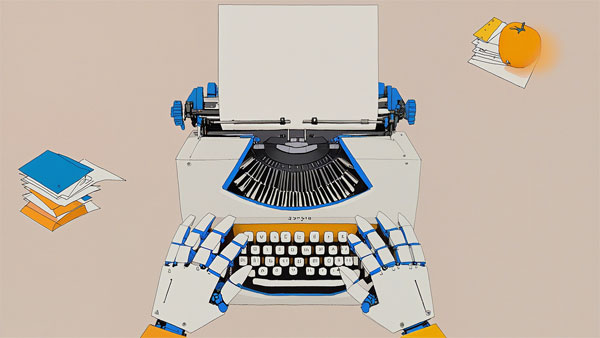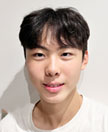Even AI firms are replacing junior workers with AI

[An illustrated image of a robot using a typewriter. Photo Credit: Pixabay]
AI firms like Anthropic are scaling back entry-level hiring in favor of experienced talent, highlighting how artificial intelligence is now displacing jobs even within its own industry.
Nowhere is this more apparent than at Anthropic, a leading AI firm that recently confirmed its preference for experienced hires over entry-level engineers.
This shift reflects a growing trend across the tech industry as companies increasingly rely on AI tools to handle tasks previously assigned to junior staff.
Traditional hiring pipelines that once welcomed recent graduates are disappearing.
Internships and junior positions, long considered gateways into high-paying tech careers, are becoming harder to find.
AI tools have grown capable enough to perform the repetitive programming tasks that previously fell to entry-level software engineers.
As a result, companies are beginning to rethink their workforce structures.
At Anthropic, most of the 200 open roles require five or more years of experience.
While a few sales or operations jobs still welcome candidates with one to two years of experience, engineering positions clearly favor veteran talent.
This growing preference isn't unique to Anthropic.
Across Silicon Valley, executives are increasingly hiring only mid- and senior-level employees, as companies invest in automation to streamline operations.
The effects are already visible in the job market.
Unemployment rate among recent college graduates has risen to 5.8%.
Reports from Oxford Economics indicate that new graduates in computer science and finance face particular challenges, as AI’s ability to handle technical tasks reduces demand for entry-level workers in these sectors.
Even tech startups are adapting to this shift.
Some companies that once relied on large teams of junior analysts and coders are now consolidating their workforces.
Canadian software developer Wes Winder reportedly replaced his entire development team with AI tools including o1, Lovable, and Cursor, claiming he could ship products faster with cleaner code.
This transformation is more than economic adjustment, it signals a fundamental change in how companies create value.
Executives are moving toward AI-first planning, asking “can AI do this already?” rather than “who should we hire?”
Growing concerns suggest companies may stop investing in mentorship and training for junior employees.
If entry-level roles become obsolete, organizations may hesitate to fund development programs.
This could lead to a skills bottleneck as fewer young professionals gain necessary experience.
The consequences extend beyond individual companies.
Analysts warn that widespread automation could eventually displace large portions of the workforce.
AI systems can now perform tasks that once required human judgment, including writing functional code, conducting legal research, analyzing data, and drafting marketing content.
Some fear this trajectory leads toward what economists call the “intelligence curse,” where corporations and governments no longer rely on people to generate value.
In this scenario, machines would become the dominant economic engines, potentially eliminating work as the foundation of social mobility.
However, several technologists are building augmentation tools rather than replacement systems.
These “co-pilot” systems allow users to manage workflows more efficiently while retaining oversight.
In this model, humans direct and verify AI output rather than being replaced by it entirely.
Still, young professionals face unprecedented pressure to demonstrate AI fluency.
Success now depends not just on individual capabilities, but on effectively guiding AI systems.
As companies continue to adapt, the coming years may determine whether AI empowers workers or renders them obsolete.
For now, the future of entry-level employment hangs in the balance.

- Seokin Joung (Chris) / Grade 11
- St. Johnsbury Academy in Jeju

![THE HERALD STUDENT REPORTERS [US]](/assets/images/logo_student_us.png)
![THE HERALD STUDENT REPORTERS [Canada]](/assets/images/logo_student_ca.png)
